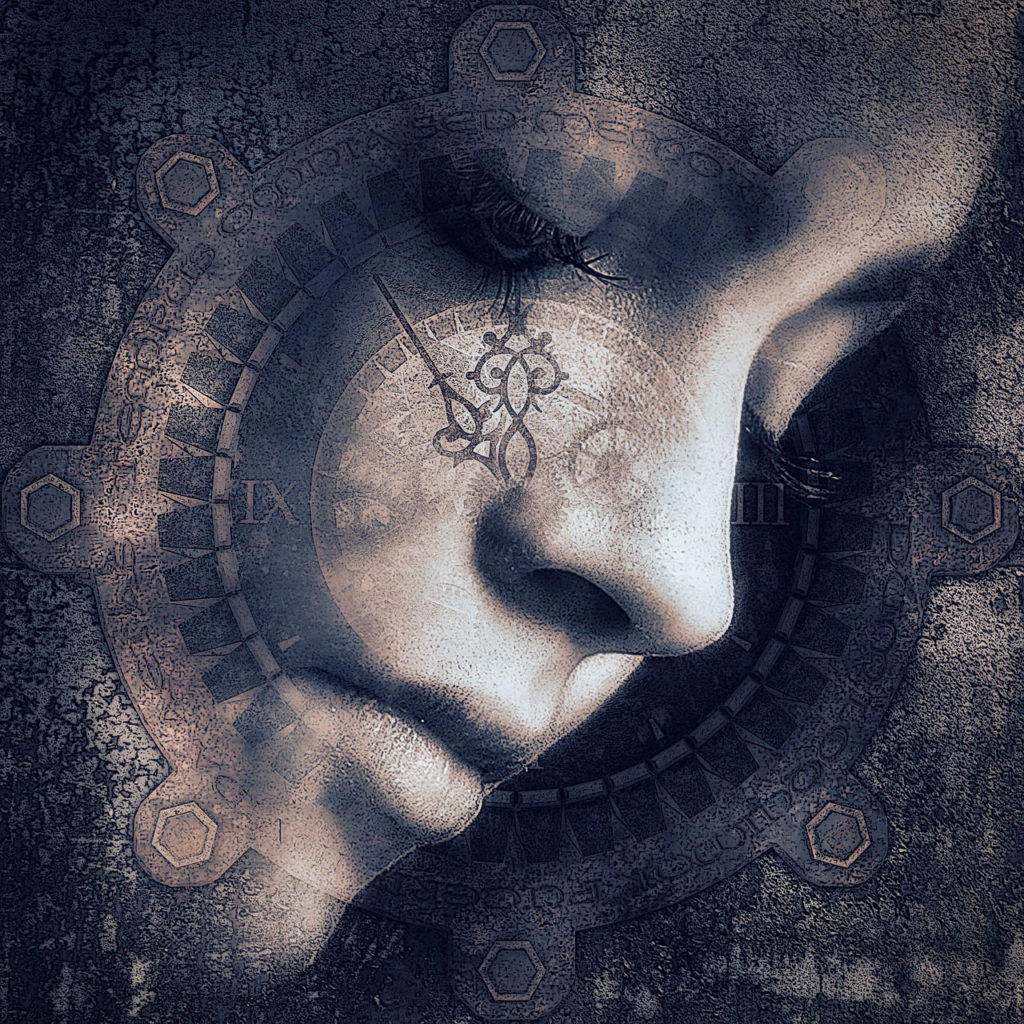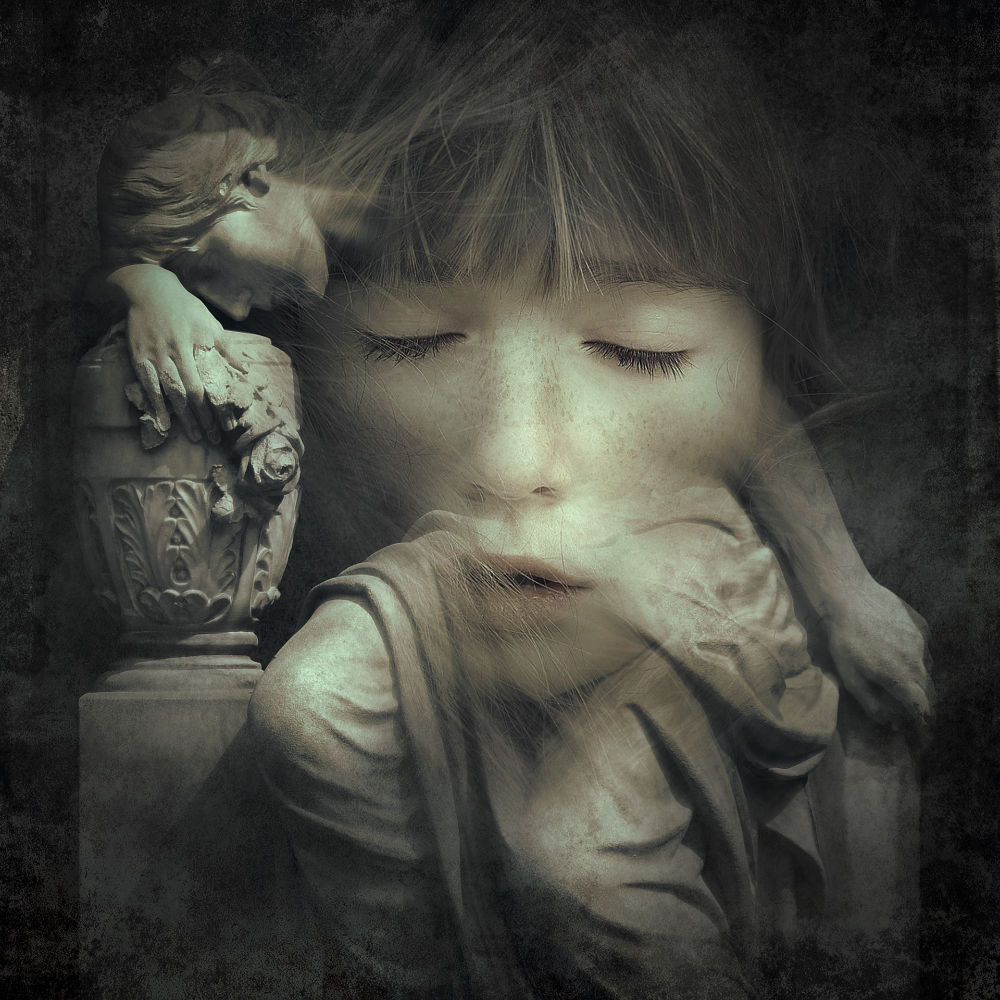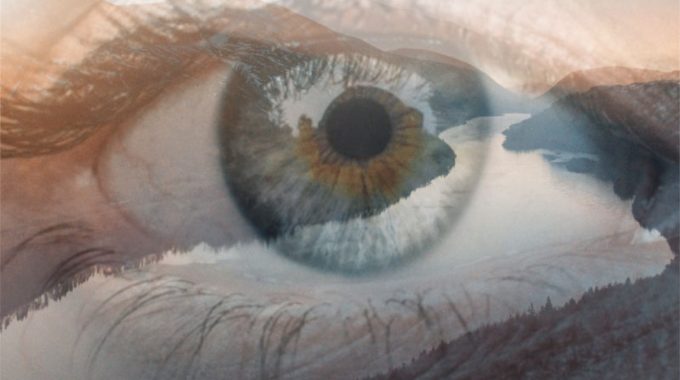Spiritual guidance is needed more than ever because it opens the door to more profound…

Beyond Closure: Embracing Grief as a Path to Divine Healing
Healing Grief and Loss: A Sacred Journey Through Life’s Changes
Grief is a natural response to loss. It’s the emotional distress we feel when someone or something we love is taken away. Whether you’re healing from grief and loss after a death, the end of a friendship, a job change, a lost dream, or health challenges, the journey is deeply personal.
It’s painful and disorienting. We no longer know what to rely on or who we are. We’re thrown into an abyss of deep feeling, which comes with insecurity, aloneness, isolation and profound fear.
All loss brings us to the door of the unknown. It beckons us to allow our lives to be completely changed without a clear direction of what that change will bring or who we will become in the process of healing.
Healing Grief: A Deeply Personal Journey
Whatever your loss, it’s personal to you. No one can tell you how to feel or navigate the path of healing. According to mental health experts writing for HelpingGuide, “The pain of loss can feel overwhelming. You may experience all kinds of difficult and unexpected emotions, from shock or anger to disbelief, guilt, and profound sadness. The pain of grief can also disrupt your physical health, making it difficult to sleep, eat, or even think straight. These are normal reactions to loss.”… “Whatever your loss, it’s personal to you.”… “It’s normal to grieve the loss you’re experiencing.”
The experts also emphasize that there is hope in healing: “Whatever the cause of your grief, though, there are healthy ways to cope with the pain that, in time, can ease your sadness and help you come to terms with your loss, find new meaning, and eventually move on with your life.”
Moving on with your life doesn’t mean getting over the loss.
 According to Jennifer Soos, a therapist who specializes in traumatic loss, we’re not supposed to get over the loss. “Closure isn’t really the thing that people think it is,” she says. “The belief that it exists and ought to be a ‘goal’ of grief is simply not helpful.”
According to Jennifer Soos, a therapist who specializes in traumatic loss, we’re not supposed to get over the loss. “Closure isn’t really the thing that people think it is,” she says. “The belief that it exists and ought to be a ‘goal’ of grief is simply not helpful.”
So, how do we eventually “move on” with our lives? It’s a matter of welcoming our grief with a gentle hand, and celebrating the loved one who has passed away, the friend we no longer see, a lost opportunity, an unmet dream, or an illness that has changed our lives. We can also cherish the longing that the loss has left behind.
Losing a valued person, friend, pet, home, job is painful. But losing our longing—our deep desire—robs us of our soul. We need to stay in touch with our essence, especially when we’re in pain.
Healing Through Deep Presence and Self-Care
I believe that healing and moving forward with our lives requires both self-awareness and conscious self-care. It’s about recognizing and embracing what we need so that our grief and healing can be fully supported.
I recently heard of a mother who lost her 16-year-old son to suicide. While friends and family offered condolences, many approached with judgment about her son’s actions or excessive sympathy about suicide’s stigma. Instead of joining their projections, she cherished her son’s journey and celebrated his life.
When my stepdaughter lost her baby to stillbirth, she was besieged with sorrow. I feared for her, worried constantly, and felt lost about how to help. Sometimes, I felt like I was drowning in her suffering, but then I chose to trust her experience and listen to what she needed. She needed to be heard, held, accepted, and know she wasn’t alone.
What helped most was my conscious choice to acknowledge her pain. I welcomed all of her experiences and recognized the profound trust she placed in me by sharing her dark thoughts and raw emotions. She bestowed her need for support and understanding upon my love for her, and I knew my role wasn’t to rescue but to witness.
Finding Sacred Ground While Healing from Loss
 When it comes to grief, sometimes our only choice is to listen deeply—to ourselves and others. This calls for a leap of faith as we journey through our losses and support those in pain.
When it comes to grief, sometimes our only choice is to listen deeply—to ourselves and others. This calls for a leap of faith as we journey through our losses and support those in pain.
While the grieving process is unique to each person, the best way to offer support is to listen, suggests Donna Henes, a funeral celebrant and spiritual counsellor who has helped mourners for over 35 years. “The kindest thing to do is to listen, to ask questions and share memories.”… “Doing so confirms the depth of their grief and keeps the love alive.”
Being present in our depth of grief is paramount to being open and available for others and for the natural unfoldment in our lives. It’s a gift to our soul-essence — to what makes us undeniably whole.
When Grief Becomes a Shadow Over Life
We all have our different ways of grieving. But while the loss never goes away completely, it shouldn’t eclipse everything else in life.
After the death of my mother in 1976, shortly after a car accident that left her brother with a severe brain injury, my grandmother couldn’t find her way through grief and loss. Instead, she let her life slowly slip away into despair, guilt, and alcoholism.
I not only grieved my mother’s death and my uncle’s trauma but also my grandmother’s pain and my grandfather’s deep loneliness. He missed his wife, his friend, the woman he had shared his life with, who was now a shell of the person he once knew.
I also grieved my whole family’s denial, judgments and projections—for all the ways they refused to acknowledge the pain and heal it.
So many families and relationships fracture after losing a loved one, a child, a stillbirth, as well as the loss of financial security, health issues, and even family dynamics. In essence, it is their faith that crumbles.
Finding Divine Light in the Darkness
An opening to Divinity is truly needed in moments of dark unease.
We must find our way back to the beauty in our lives and one another. It’s essential that we reach beyond the suffering into renewed trust and rejoice in the goodness and sweet innocence that are still with us, yearning to take root and grow.
We are all made in the image of God/Goddess. We are sacred beings, resourceful and creative. We have so much to give, forgive, accept, and surrender.
❖
For a concise explanation of grief, the five stages of grief and its effect on sleep,
read Jennifer Walker-Journey article: Sleep and Grief
If you or a loved one are suffering from deep grief,
I recommend you work with a Grief or Trauma Counsellor.
With BodySOUL Integration, you can expect a deepening of your
understanding of the loss, what is wanting to emerge in your life,
and how to support the change.
❖
Feature image by Remi Walle




I found this a very helpful and moving post. Thank you. Thank you for sharing your light.
I’m glad to hear that you found my article helpful Katherine. Thank you for seeing my light and shining your own for all to see.